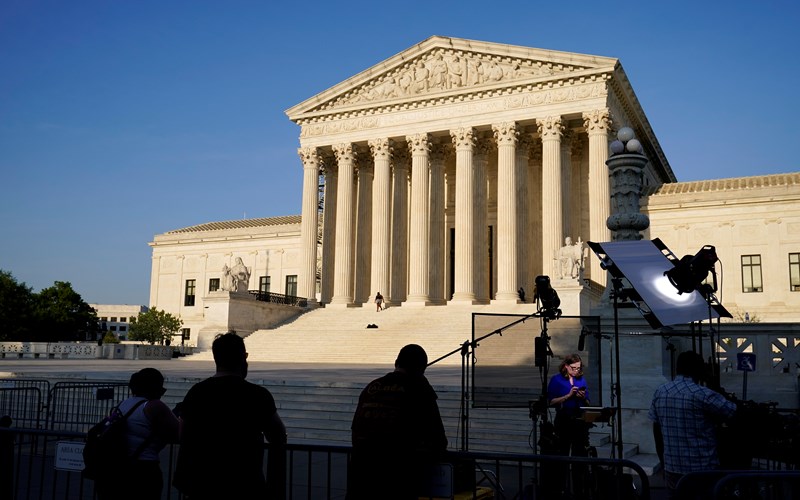Four years ago, the court ruled in favor of Aimee Stephens, who was fired by a Michigan funeral home after he informed its owner that he was a man claiming to be a woman. The court held that such individuals, as well as gay and lesbian people, are protected by a landmark federal civil rights law that prohibits sex discrimination in the workplace.
The Biden administration and the families and health care providers who challenged the Tennessee law urged the justices to apply the same sort of analysis that the majority, made up of liberal and conservative justices, embraced in the case four years ago.
The state acknowledges that the same treatments that are banned for minors seeking gender manipulation procedures can be prescribed for other reasons. But it rejects the claim that it is discriminating on the basis of sex. Instead, it says lawmakers acted to protect minors from the risks of “life-altering gender-transition procedures.”
The law “draws a line between minors seeking drugs for gender transition and minors seeking drugs for other medical purposes. And boys and girls fall on both sides of that line,” Tennessee Attorney General Jonathan Skrmetti wrote in the state's Supreme Court brief.
Justice Amy Coney Barrett sounded skeptical of the administration’s argument that the law discriminates because of sex. She was equally skeptical that the court should for the first time declare that discrimination against transgender people should be viewed as similar to bias based on race, sex and national origin, all of which have a special legal status.
Barrett said transgender people have not experienced the same long history of discrimination written into the law in the same way those other groups faced.
“All other suspect classes do have that long de jure history of discrimination,” Barrett said, using the Latin phrase for “according to law.”
Justice Brett Kavanaugh, who has coached his daughters’ youth basketball teams, asked about the impact of a ruling on gender-affirming care in that realm.
“If you prevail here on the standard of review, what would that mean for women and girls sports?” he asked. “Would transgender athletes have a constitutional right to participate in girls’ sports?”
At least 24 states have adopted restrictions on transgender women and girls in women’s and girls’ sports competitions. There have also been legal challenges to those laws, with mixed verdicts so far.







